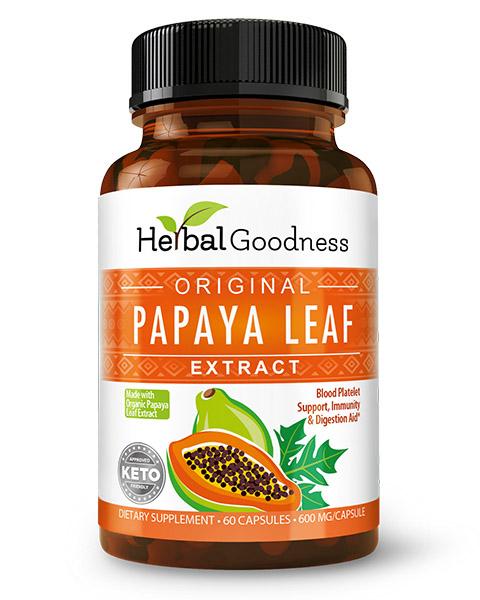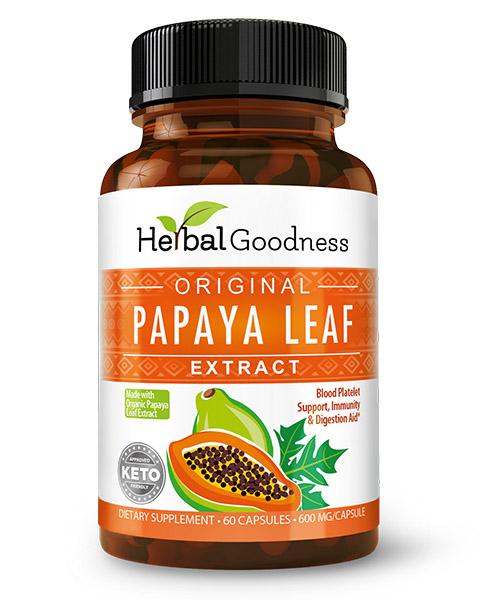Bamboo: An Ancient Natural Supplement Introduction
Title: Bamboo: An Ancient Natural Supplement Introduction
Bamboo, often admired for its swift growth and resilience, has a rich history that transcends its modern-day applications in construction and decoration. For centuries, various cultures have utilized bamboo as a natural supplement, tapping into its diverse health benefits. This blog delves into the historical use of bamboo as a natural supplement, exploring its traditional applications and enduring significance.
The Historical Significance of Bamboo
Bamboo has been an integral part of traditional medicine in many Asian cultures, particularly in China, India, and Japan. Known for its strength and flexibility, bamboo has long been associated with longevity and vitality in these cultures.
Ayurveda and Bamboo
In Ayurveda, the ancient Indian system of medicine, bamboo plays a significant role. Known as "Vanshlochan" in Ayurveda, the silica-rich substance found in bamboo stems is highly valued. It's traditionally used to improve digestive strength and as a rejuvenating tonic.
Bamboo in Japanese Culture
In Japan, bamboo has been used for its detoxifying properties. Bamboo leaves and shoots are often incorporated into traditional Japanese cuisine, believed to offer surprising benefits ranging from improved digestion to strengthened immunity.
Bamboo Shoots as a Nutrient Source
Bamboo shoots, the edible part of the bamboo plant, have been consumed for their rich nutrient profile. They are low in calories but high in dietary fiber, vitamins, and minerals. In many Asian countries, bamboo shoots have been a staple in diets for centuries.
Bamboo Leaves and Herbal Teas
Bamboo leaves have been used to brew herbal teas, believed to have detoxifying and calming properties. These teas were often consumed for their soothing effects and to promote overall well-being.
Bamboo Silica: A Key Supplement
The most significant health contribution of bamboo is perhaps its high silica content. Historically, silica from bamboo was used to strengthen hair, nails, and improve skin health. It was also thought to aid in the formation and maintenance of strong bones and joints.
Modern Relevance of Ancient Bamboo Practices
Today, the ancient uses of bamboo are being revisited and validated by modern science. Bamboo-based supplements, especially those focusing on silica, are becoming popular for their potential benefits in enhancing bone density, hair strength, and skin elasticity.
Conclusion
Bamboo's journey as a natural supplement through the ages is a testament to its enduring benefits. While its applications have evolved over time, the core value of bamboo in promoting health and wellness remains unaltered. As we continue to explore the potential of natural supplements, bamboo stands out for its historical significance and contemporary relevance.











